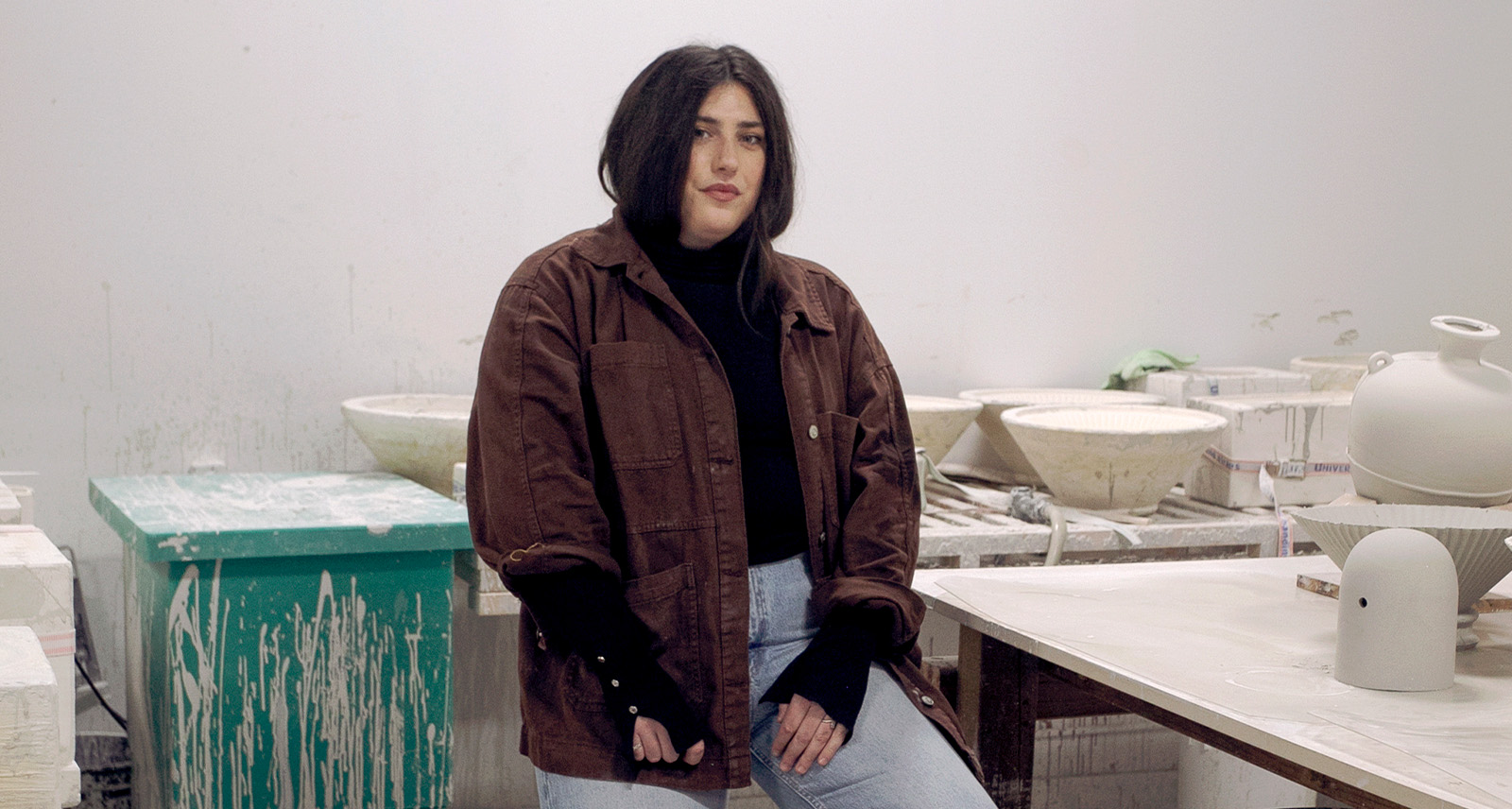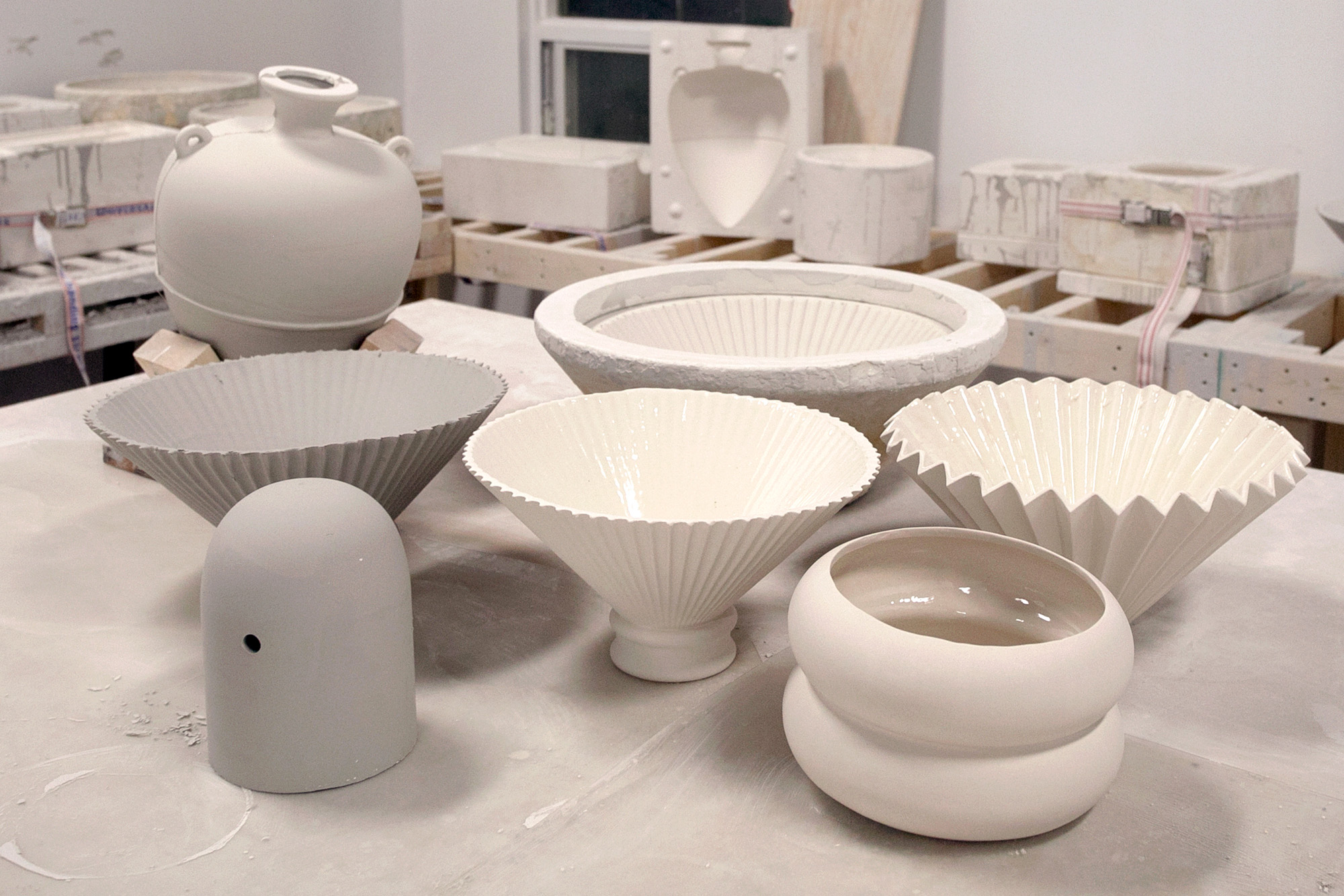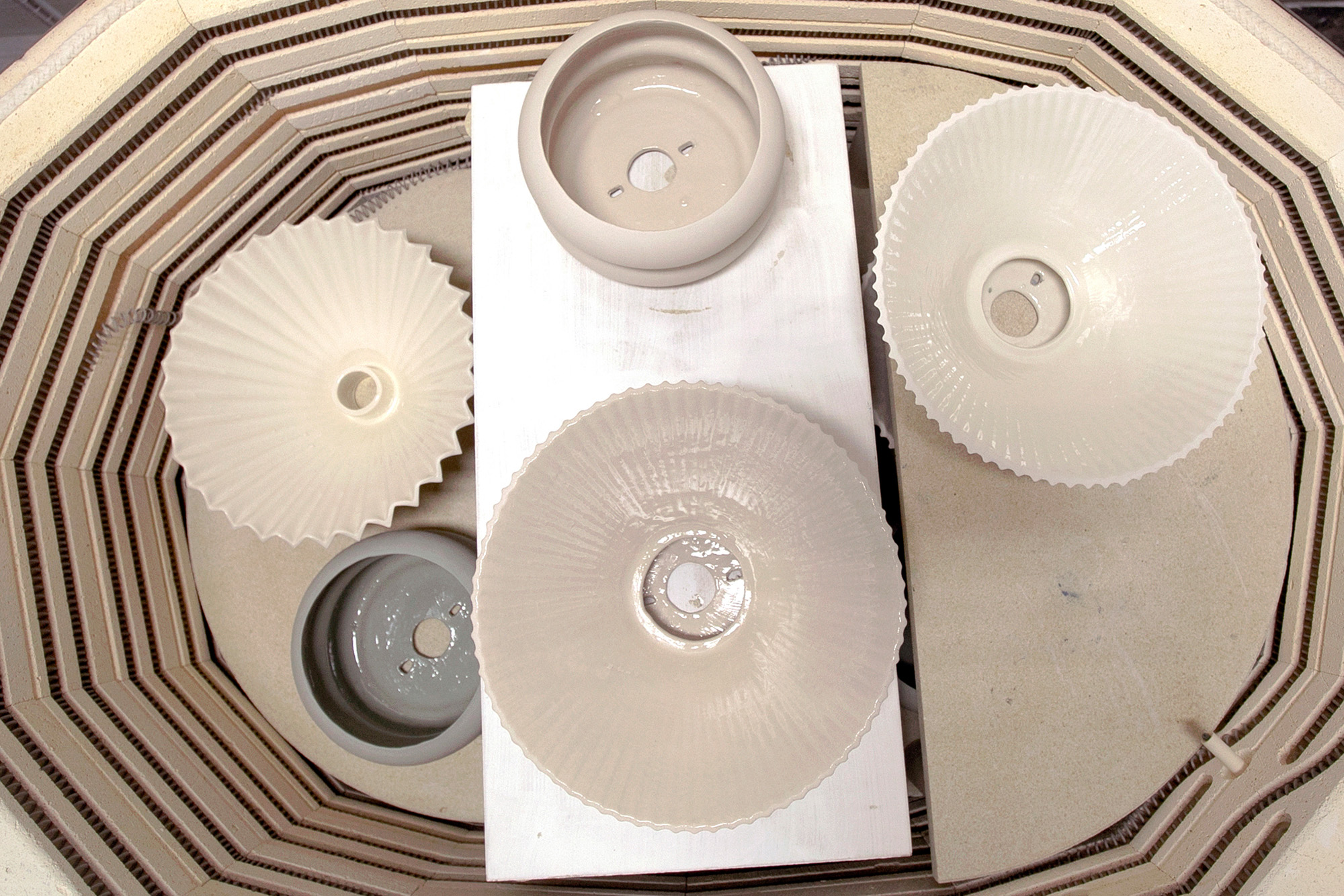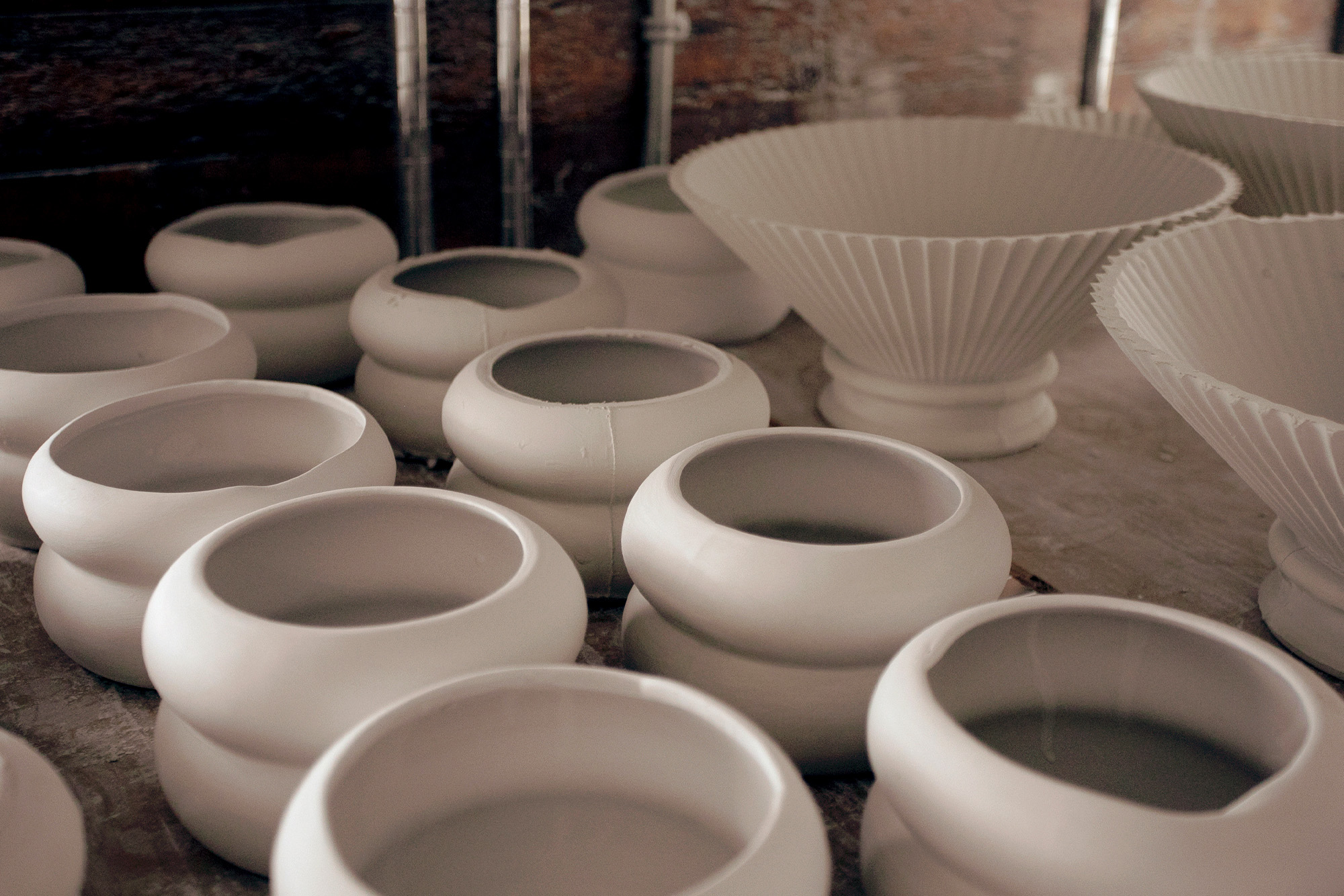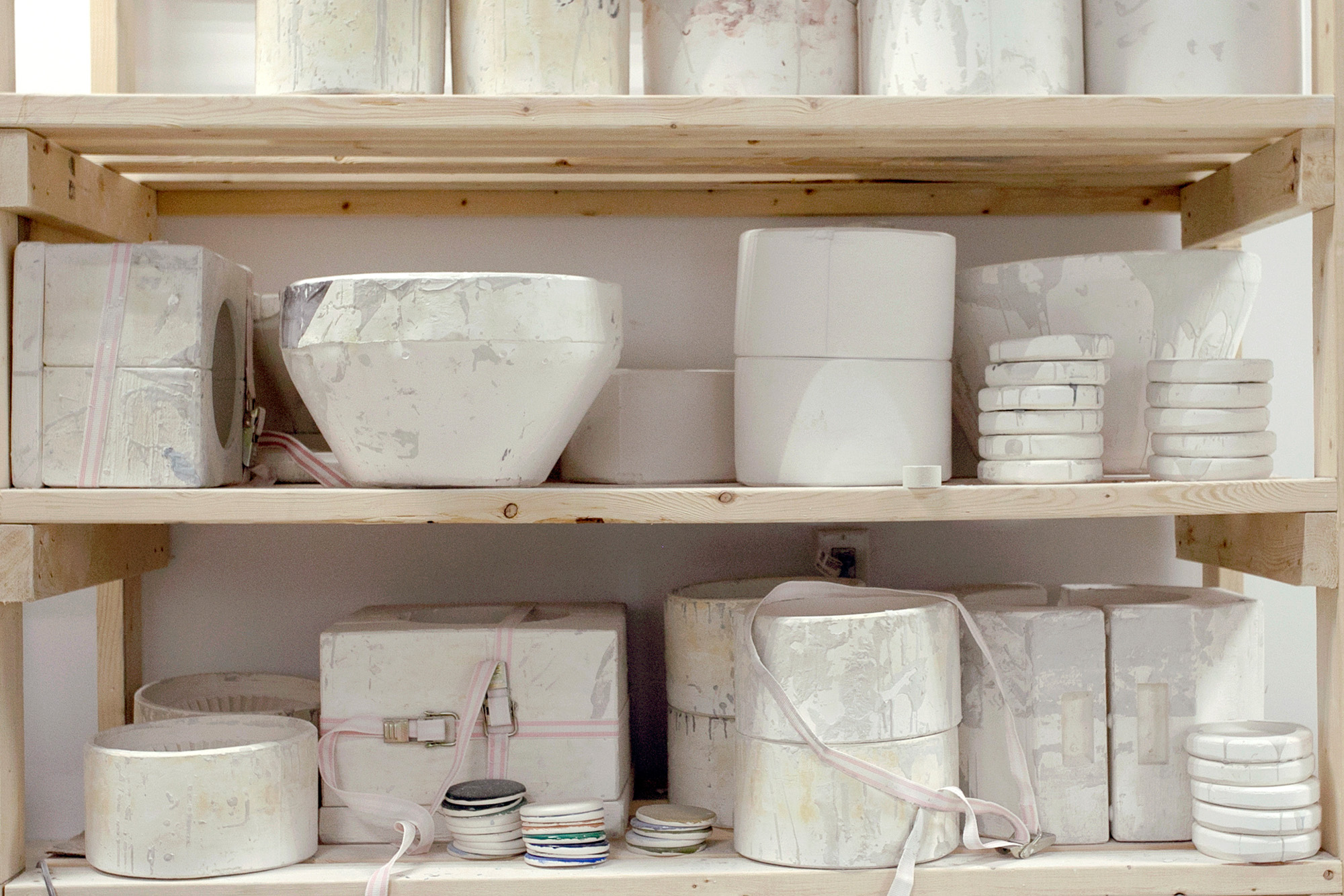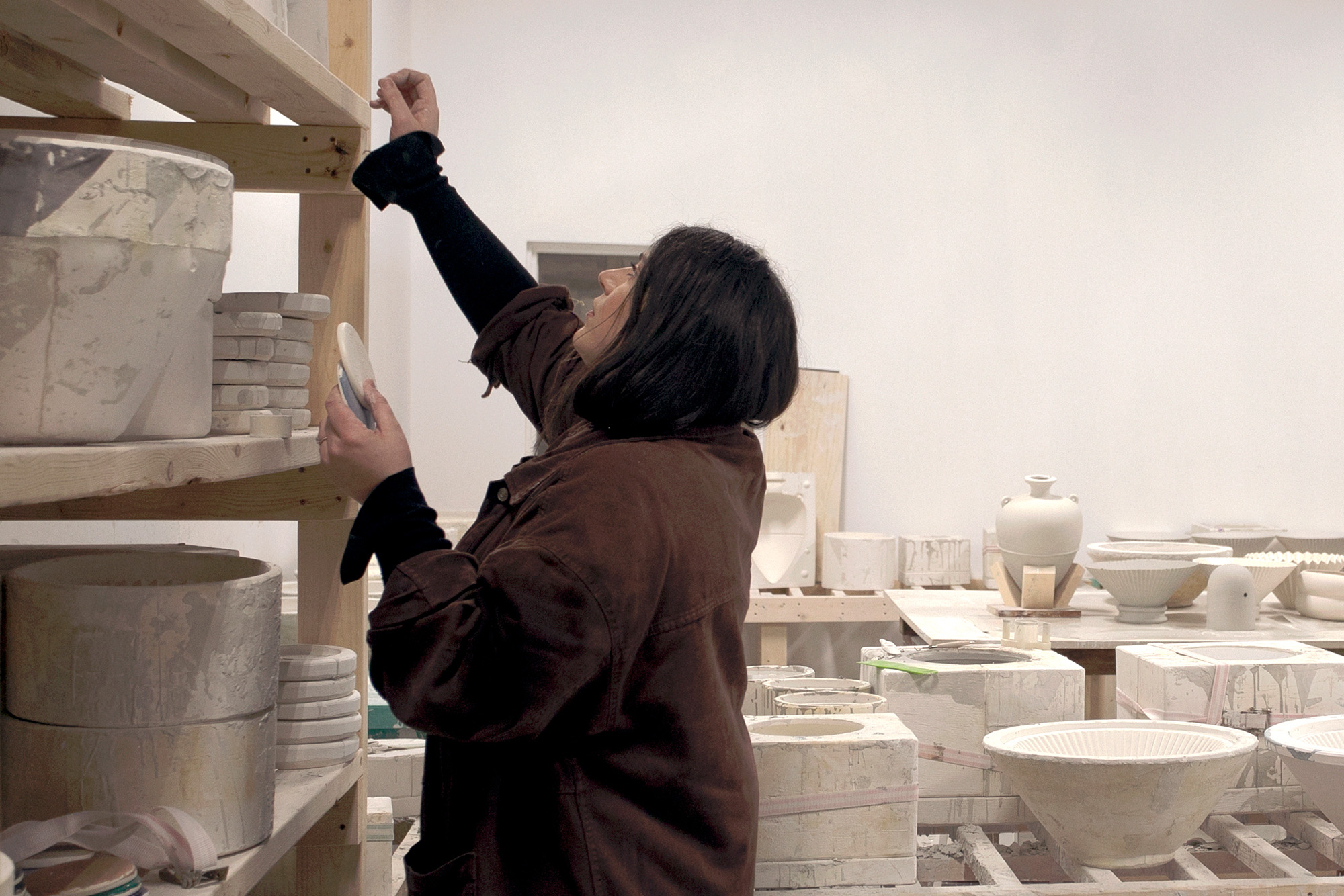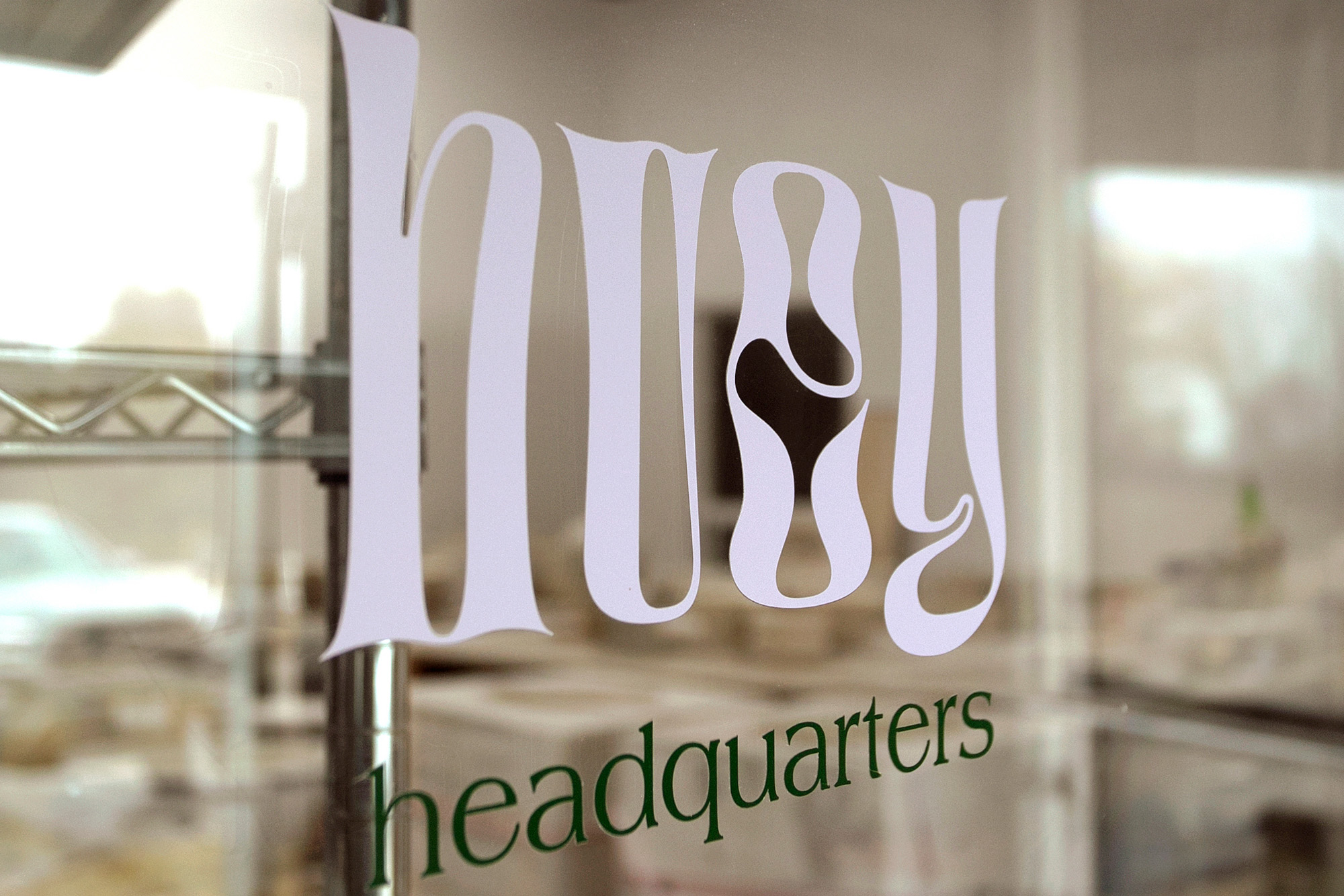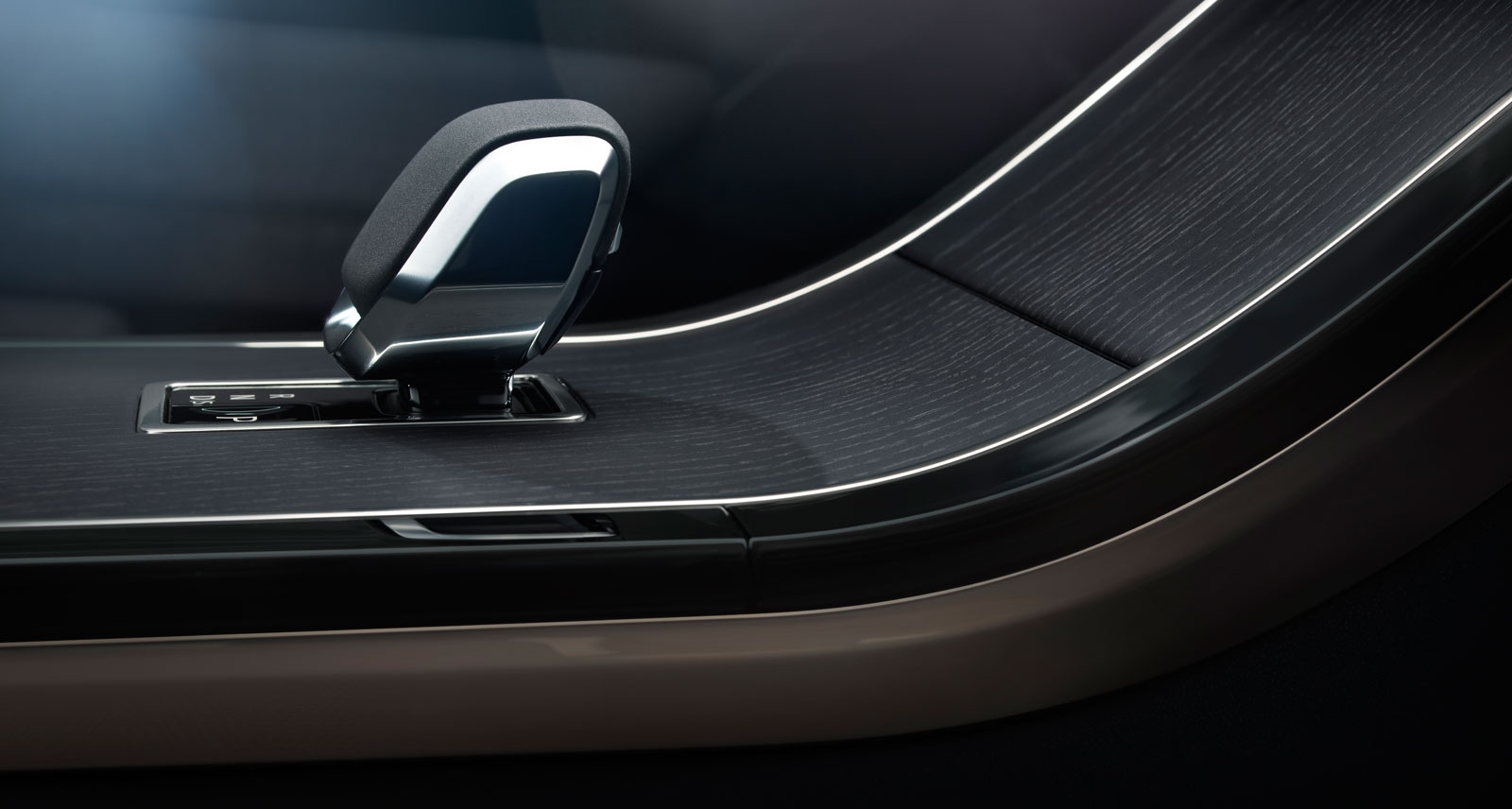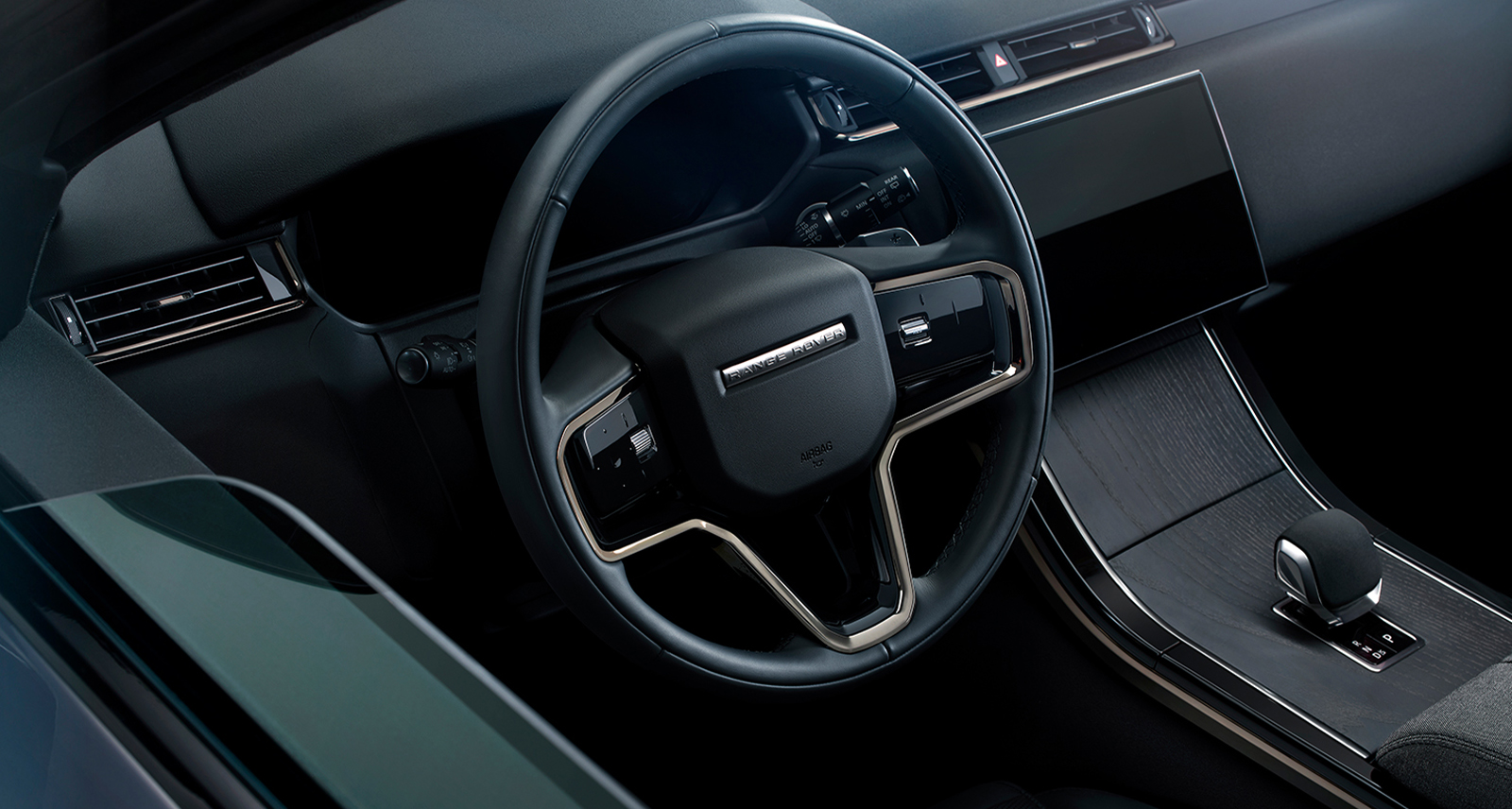Light Speed
Range Rover & SHARP
Bret Williams had her entrepreneurial lightbulb moment while struggling to find affordable, well-made light fixtures for her condo back in late 2019. Cherub — her modern, ceramic riff on the rounded, 1980s-era “boob light” flush mounts that define many rental apartment ceilings — debuted the next fall, introducing the world to made-in-Canada lighting brand Huey.
Less than three years later, Williams (who had previously worked as a product designer for a department store homeware line) now offers a full collection of Huey sconces, lamps and pendants. Each balances retro influences with contemporary style.
“It’s the best of both worlds,” she says. “They’re traditional but eclectic — unique but timeless. With home decor, we’re seeing a lot of fast fashion-type trends, and I’m wary of that. I want to be sure that you’re not going to buy a light just to replace it in two years.”
Thanks to the lasting charm of her designs – not to mention their handmade construction, accessible price points and CSA safety approval — Williams’s success has been swift. In fact, launching a business during the pandemic gave her some unexpected advantages. For one, stay-at-home orders meant that everyone was suddenly looking to renovate. Ongoing supply chain difficulties also affirmed her initial decision to embrace Canadian production, which made it easier to fill early e-commerce orders without long lead times.
Strong social media word-of-mouth helped Huey to scale up quickly. Soon, the brand was introducing new products like the Paloma pendant and Prairie table lamp, which both recreate classic pleated lamp shades in porcelain. But as orders surged, Williams realized that she might need a new production strategy. She had initially been working with a small third-party Toronto ceramics studio, but keeping up with demand posed a problem. New products also introduced materials like wood and bronze, requiring additional manufacturing savvy.
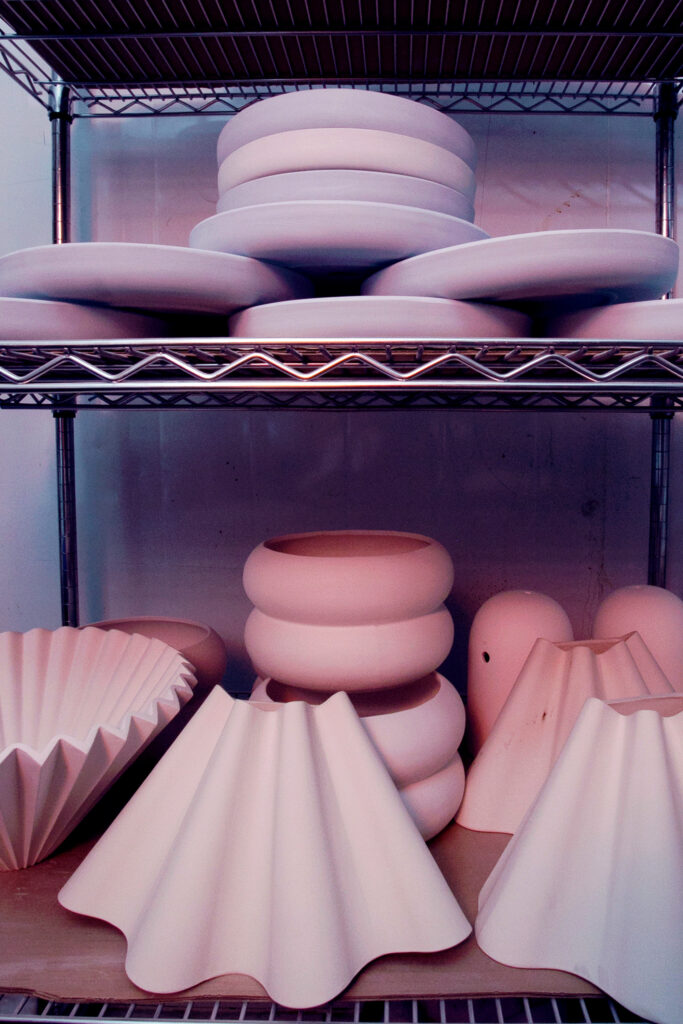
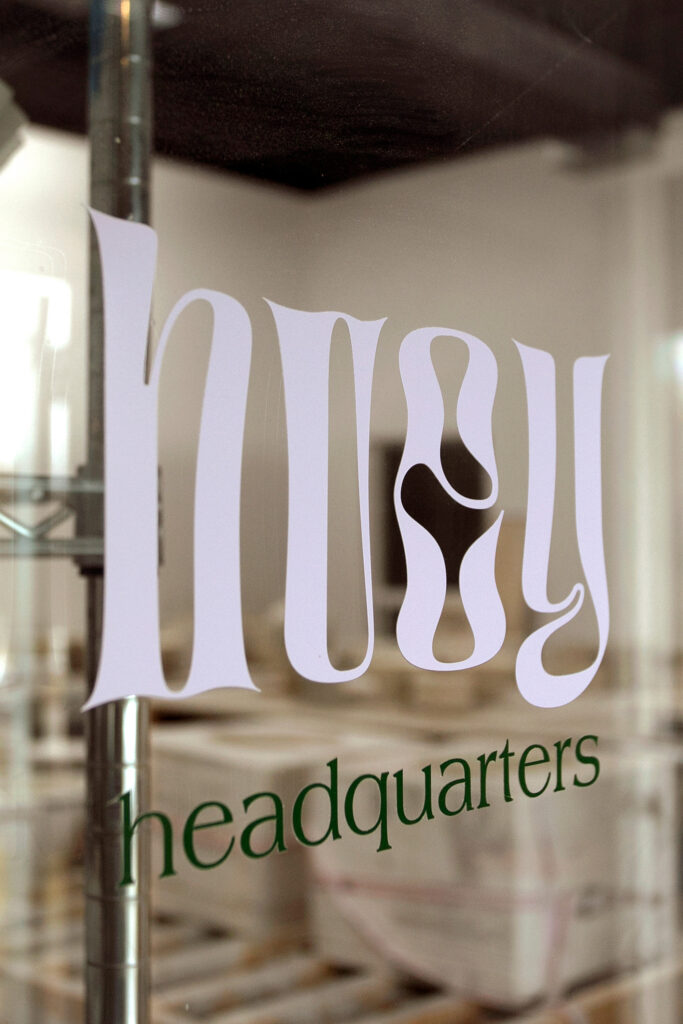
Others in this position might have been tempted to abandon Huey’s homegrown, handmade identity altogether and move to factories overseas. Instead, Williams doubled down on her brand’s made-in-Canada ethos, opening a dedicated Huey studio in her hometown of Thornbury, Ontario, where she had recently relocated. As it turns out, a terracotta pot-making plant once operated nearby — meaning there was no shortage of qualified candidates to respond to Huey’s job postings. “I have some of the last remaining employees from that plant working here, and they have really helped to teach me the ropes in terms of production,” says Williams.
For her, being able to move manufacturing in-house and employ her own team of artisans adds to Huey’s celebration of Canadian craft. “One of the reasons why I gave my business a human name is because I feel like it reflects the handmade feel of the pieces. It gives the idea that your pal Huey is working hard in their studio, filling your order.” (It also doesn’t hurt that the brand’s ceramic components are available in a range of choice hues like sage and storm, a moody grey-blue.)
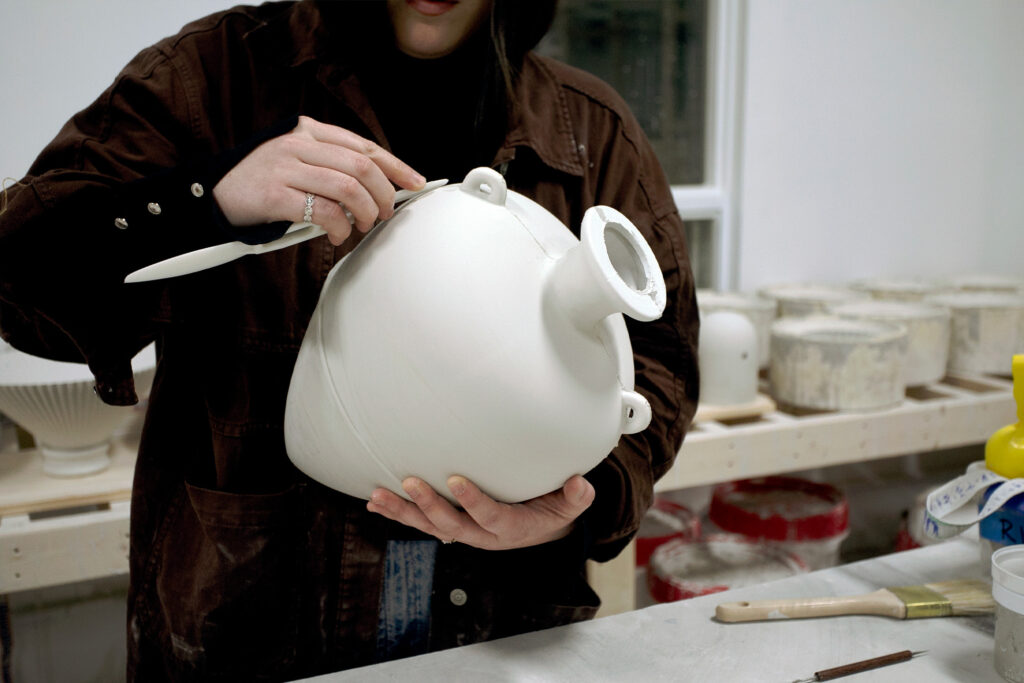
Recently, the brand also stamped its name on a collection of bold merchandise – including the “Lights Out Lucy” T-shirt, which depicts a horse-riding cowgirl slinging a Huey pendant around like a lasso. “It represents the badass, female-owned brand that we are — and just having fun with lighting,” Williams says. Another merch offering, Le Hôtel Huey, imagines a day when the company might operate its own five-star getaway “somewhere in the south of France.”
Sure enough, Huey’s products are also proving to be a hit with interior designers sourcing standout details for hospitality and restaurant projects. Look for its Paloma pendants hanging at Florette in Toronto, a recent cocktail bar envisioned by Denizens of Design.
For now, you’ll find Williams hard at work on Huey’s next round of introductions, which will include her first floor lamp. By offering shoppers lights packed with playful personality, she’s keeping Canadian design directly in the spotlight.
